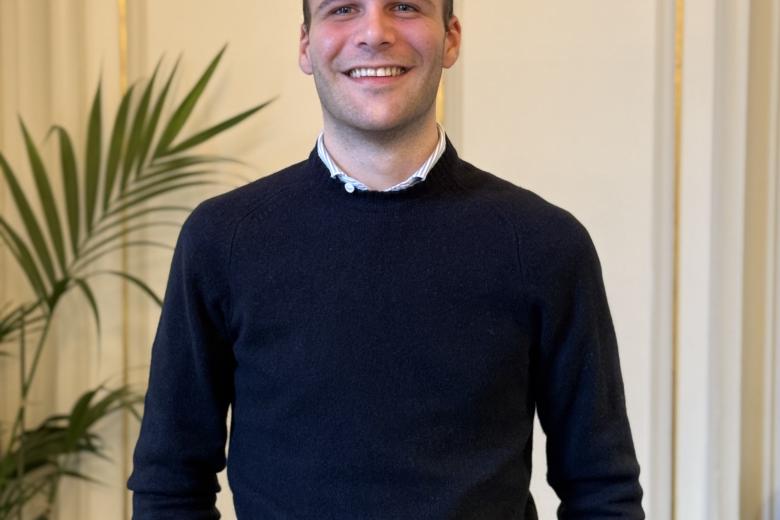June, Pride Month and EU Elections
Every year in June, several cities in Europe (and in the world) come alive with rainbow colours to celebrate Pride month. In addition, we vote for new Members of the European Parliament.
But first, have you ever wondered why Pride month is celebrated in June? Back in the 1960s, discrimination and violence against the LGBTIQA+ community was extremely high, and Queer persons used to gather in safe places. The most common example is the Stonewall Inn, a gay bar located in New York City’s Greenwich Village. During the night of 28 June 1969, another police raid took place at the Stonewall Inn. That night was however different. Queer persons fought back, leading to several days of rebellion against the violence of the public authorities. These events, historically referred as the ‘Stonewall Riots’, are widely regarded as the birth of the modern LGBTIQA+ movement.
LGBTIQA+ equality
This year in June we do not only celebrate Pride month; we also vote for the new Members of the European Parliament (EU Elections 2024). Therefore, the time has come for an assessment of what EU institutions have done for LGBTIQA+ equality. The EU legislative term (2019-2024) that is now coming to an end has witnessed an increased commitment of EU institutions towards the LGBTIQA+ community. This is evident from several political and legislative initiatives that have been introduced in the past five years, which attempt to intervene in diverse fields of EU law that are considered as relevant for individuals that identity as LGBTIQA+.
However, the commitment of EU institutions for LGBTIQA+ equality have also faced some problems. On the one hand, the unanimity rule often blocked the concrete adoption of legislation, thus challenging the feasibility of EU intervention in this field. On the other hand, this EU legislative term particularly showed the existence of highly divergent cultural and political views between the Member States, especially when it comes to controversial issues such as LGBTIQA+ equality. Finally, EU elections polls show that far-right parties are likely to win an increased number of seats within the next European Parliament. Will this result in a softening of the Parliament’s commitment towards the LGBTIQA+ community?
Where do we stand now?
In my lastest paper I discuss what EU institutions have done for LGBTIQA+ Equality in the legislative term that is coming to an end this month. You can read the full paper here.
A. Marcia
Alessandro Marcia (He/Him) is a Ph.D. Researcher and Lecturer of EU law at Maastricht University. His research focuses on LGBTIQA+ rights' protection under EU law.
Alessandro holds a Master's Degree in Law from the University of Bologna and an LL.M. in EU law from Université libre de Bruxelles. Before joining UM, he served as a Lecturer of EU law at the China - EU School of Law, based at the University of Hamburg.

-
Overriding Mandatory Rules in International Arbitration: Balancing Business Freedom and State Interests
Imagine two companies from different countries enter a business deal. They pick a neutral country’s law to govern their contract and agree to arbitrate any disputes, thinking they can sidestep each other’s national courts. But what if one country’s law absolutely prohibits something in the deal –...

-
What is coercion?
According to classic economic thinking—and to common sense—if two parties agree to a deal, both are made better off, otherwise they would not have agreed. This idea is also reflected in contract law, at least in its basic form, treats consent as the cornerstone of a valid contract. If both sides say...

-
Should Employees Participate in Corporations? A Law and Economics Perspective.
When we speak of corporations, we usually think of shareholders and managers: the former provide capital, the latter make decisions. Yet, without the contributions of its employees, no corporation can survive, let alone thrive. In my PhD thesis, I answered the question of how employee participation...
